1. England the time before the English arrived. 55 BCE - 550 CE
1.1. First indo-european speakers arrived to England, probably the Celts.
1.2. 55 CE - most of the land was conquered by the romans, except for the northern part.
1.3. 410 CE - Roman legions withdrew from Britain.
1.3.1. The Scots raided from Ireland, the Jutes and the Saxons attacked the eastern coast.
1.3.1.1. Word order was relatively free.
2. The old English period. 550 CE - 1066 CE
2.1. The earliest period in the English language. The germanic tribes, the Angles, the Saxons and the Jutes, invaded Britain. Now they dominate the land.
2.2. Old English was synthetic. It inherited most phonological and morphological properties from Germanic.
3. The Middle English period. 1066 CE - 1500 CE
3.1. The battle of Hastings marks the Norman conquest of England
3.1.1. William, Duke of Normandy, defeated the English under King Harold II in October 1066.
3.1.2. There was an almost complete replacement of the English aristocracy by a Norman aristocracy.
3.1.3. English lost its status and became the language of the lower classes.
3.2. In 1204, King John lost its territories in France leading to a decline of the official language across the kingdom.
3.3. The Black Death (1348 CE - 1352 CE) and the Hundred Years War (1337 CE - 1453 CE) sealed the final days of French in England.
3.4. The end of Middle English period and the development of English as the most spoken language was influenced by:
3.4.1. The introduction of the Printing Press to England in 1476 by William Caxton.
3.4.2. The beginning of the colonisation after 1500.
3.4.3. The rule of King Henry VIII and his royal policies.
4. The Early Modern English period. 1500 CE - 1700 CE
4.1. This period was influenced by:
4.2. Ascendancy of Henry VIII to the throne.
4.3. The completion of great vowel shift. Five of the seven long vowels of Middle English were raised and two became dipthonguised.
4.4. The scientific age of 1700.
4.5. The works of William Shakespeare.
5. The period of present-day English. 1700 CE - Today
5.1. In this period, the most important development was external, the position of English as a World Language.
5.2. Literature boomed with the works of Spencer Marlowe and Shakespeare.
5.3. There are now three concentric circles that encompasses english language speakers:
5.3.1. The inner circle: native language speakers, 300,000,0000 people.
5.3.2. The outer circle: former colonies of the UK, and the US, where English is widely used but not institutionalised.
5.3.3. The expanding circle: the speakers of English as a foreign language, in recognition of its global importance, 1,500,000,000 people.
